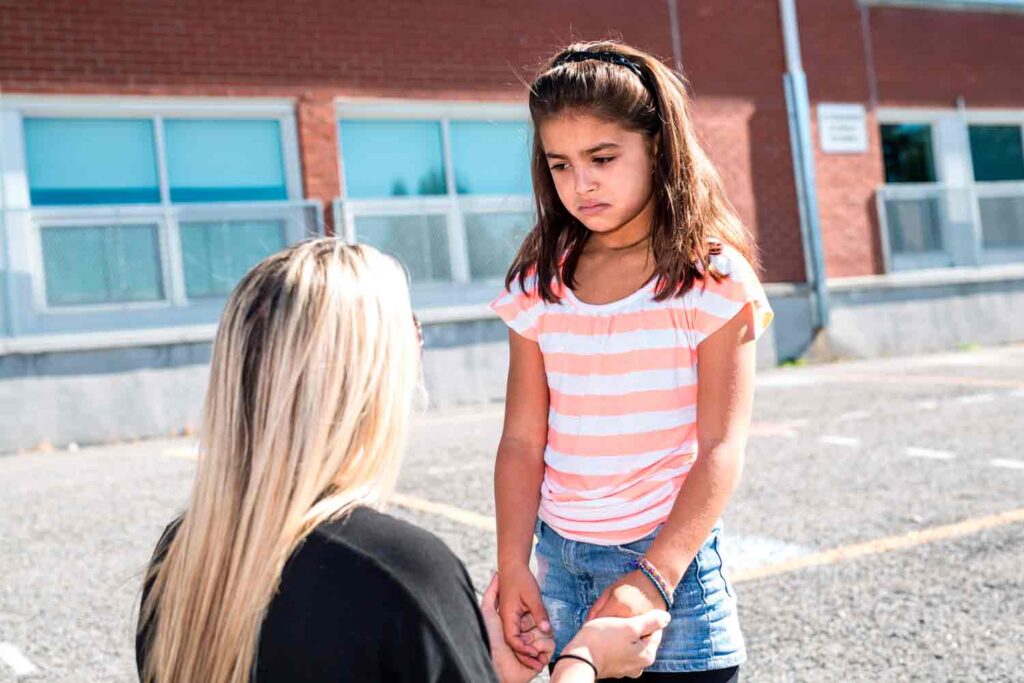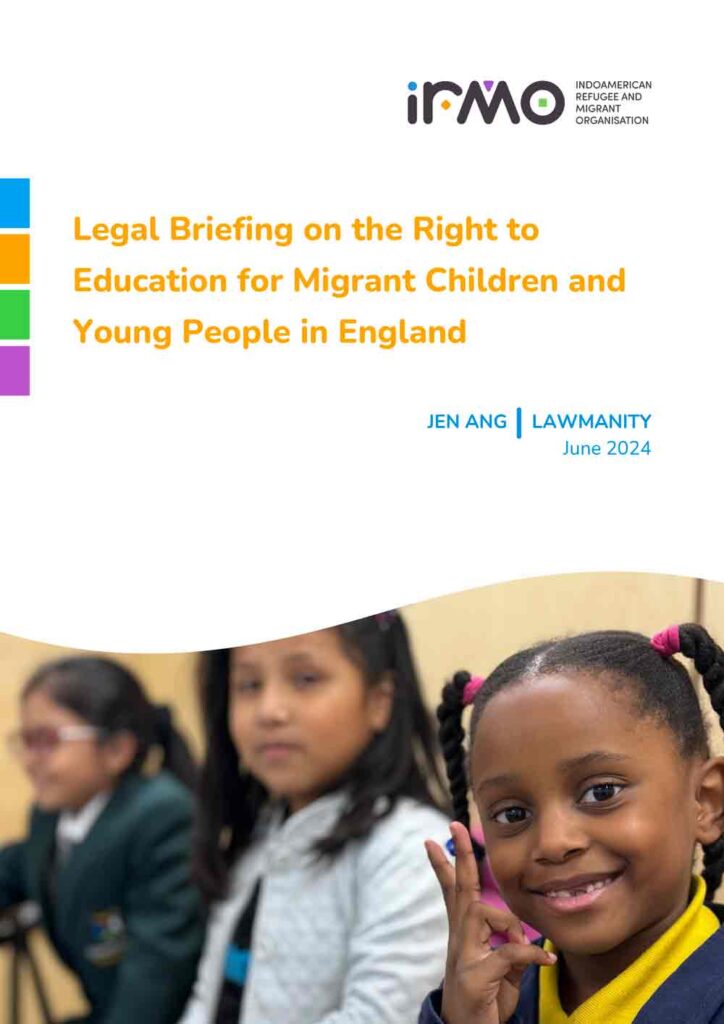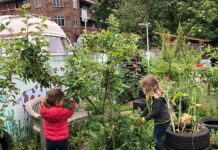
The plight of refugee and migrant children seeking education in Britain has been highlighted by a leading Brixton-based charity.
According to the Education Policy Institute, unaccompanied asylum-seeking pupils are, on average, more than three years behind non-migrant children in educational attainment, said lawyer Jen Ang.
The gap for children living in a refugee or asylum-seeking family is around a year and a half.
Ang was launching a legal briefing she prepared for IRMO (IndoAmerican Refugee and Migrant Organisation) which has its headquarters in Angell Town and assists Latin American refugees and migrants nationwide and campaigns for their rights.
Ang, a professor in the school of law at Glasgow university, told a launch meeting at St Peter’s church in Walworth that the “hostile environment” policy was a major contributor to many of the problems faced by migrant young people trying to get an education in Britain.
The briefing sets out the legal rights of migrant children and young people and looks areas where families supported by IRMO have experienced discrimination and other barriers to their right to education.
It also explores legal and other strategies that could be used to challenge inequality and to widen access to education for these children.
The launch meeting also heard from three hands-on experts in the area, including Claudia López-Prieto, a teacher at St Gabriel’s College in Kennington.
“I arrived in this country when I was 11 without speaking a word of English,” she told the launch event.
“My parents did not know anyone in this country who could support us through the education system.
“I saw my parents feel helpless in that situation. Unfortunately, I’m still seeing families feeling helpless.”
The good news is that, unlike many other schools across the country, St Gabriel’s is a model of how young migrants can be helped with language and other issues.
Like other speakers, López-Prieto highlighted the multiple problems that refugees and asylum-seekers face, particularly housing and “dispersal” of people going through the asylum process.
“We’ve worked with a family that took almost a year and a half to get their child into school simply before they were even able to get into a school, they were moved. And where they were moved was too far for us then to get them back to the first school.”
The whole application had to be done again for a second school, but the family was moved yet again.
After a third application, the council that received it told the parents that their child still had a school place in another borough, so could not be enrolled.
The parents were told they had to call the relevant council and sort out the issue themselves. “Imagine a parent who doesn’t speak any English, having to navigate all of that,” said López-Prieto. “It’s something that really shouldn’t be happening.”
The event also heard of other problems facing migrant pupils, including very serious bullying that was exacerbated by the recent far-right riots and reckless politicians.
Others included racism, and the privatisation of the education system with academies now independent of democratic control.
Lambeth councillor Ibtisam Adem, policy lead for sanctuary seekers and migrants, said teachers are doing the best they can in an impossible situation.
Support workers and teaching assistants had disappeared as there was no longer a budget to pay them.
You can read the legal briefing and a factsheet online. The briefing funded by the Paul Hamlyn Foundation.

IRMO was founded more than 40 years ago as “Chile Democrático” to support refugees fleeing political violence.
In 2000, its name was changed to reflect its role in the broader Latin American community, working to enable the development, agency, and participation of Latin Americans and other Spanish and Portuguese-speaking migrants, asylum seekers and refugees in the UK.
It provides:
Specialist advice on key areas like immigration, welfare entitlement, housing and homelessness prevention to support people to prevent crises and access rights and entitlements.
Support in education, training and employment to build skills and progress in the UK labour market, as well as increase civic, cultural, and social participation in the broader community.
Family, children and youth projects to access school, boost educational attainment and promote family welfare.
Health and wellbeing initiatives to promote health equity for people facing barriers to accessing healthcare.
Advocacy, research and campaigning for social and systemic change.
—
Lambeth council has “Borough of Sanctuary” status awarded by the City of Sanctuary UK organisation, a charity working to build a more welcoming UK for people forced to flee their homes.
It means the borough is recognised as a place that welcomes and values the contribution of refugees, migrants and those seeking sanctuary.
Earlier this year, the council launched an International Classes initiative for newly arrived 14- to 16-year-old pupils at three local schools – Elmgreen, Norwood school and Trinity academy – to help them integrate into school life faster and ensure their educational needs are fully met.







